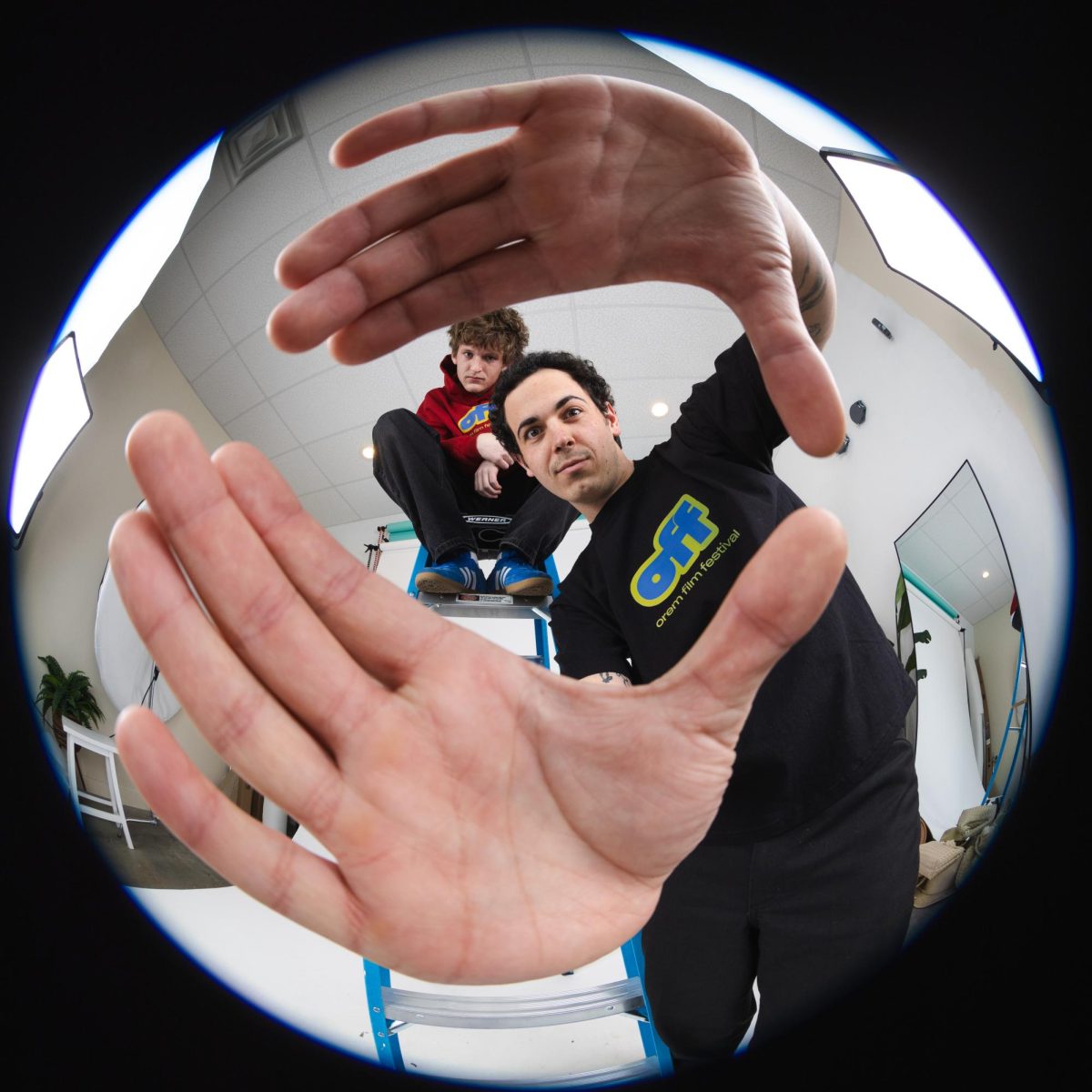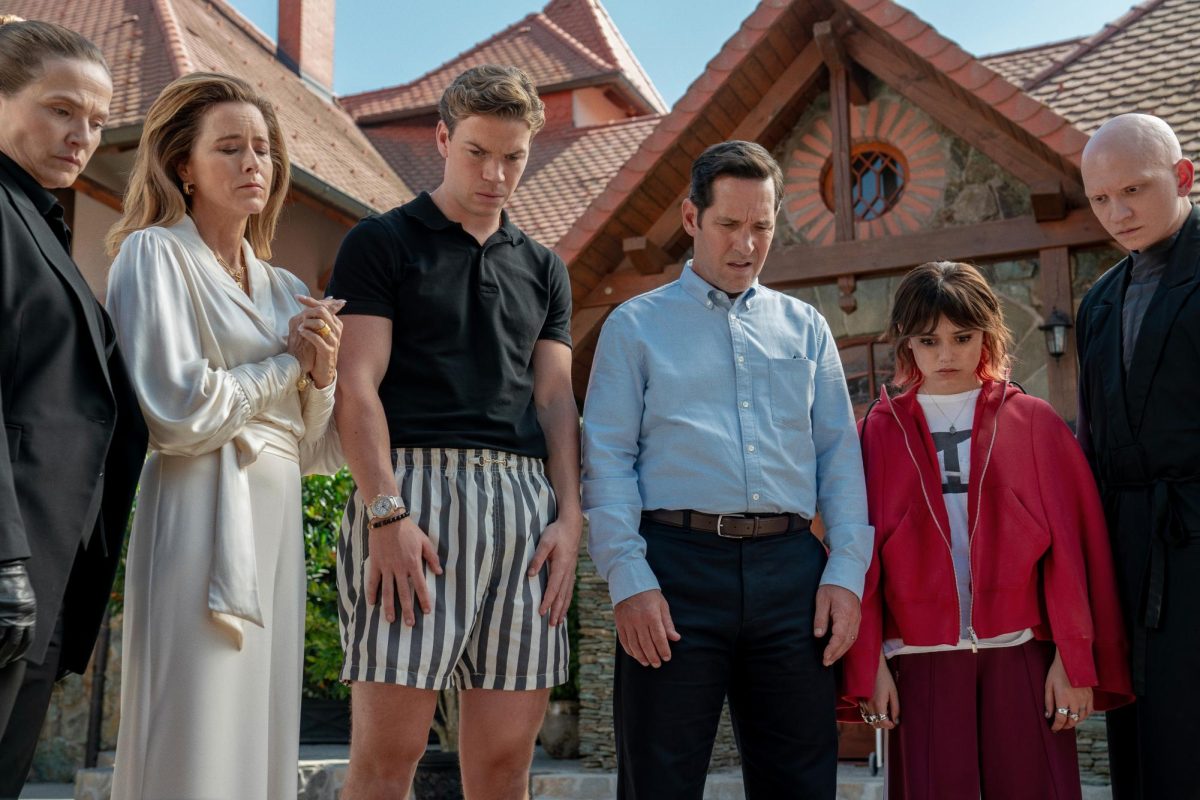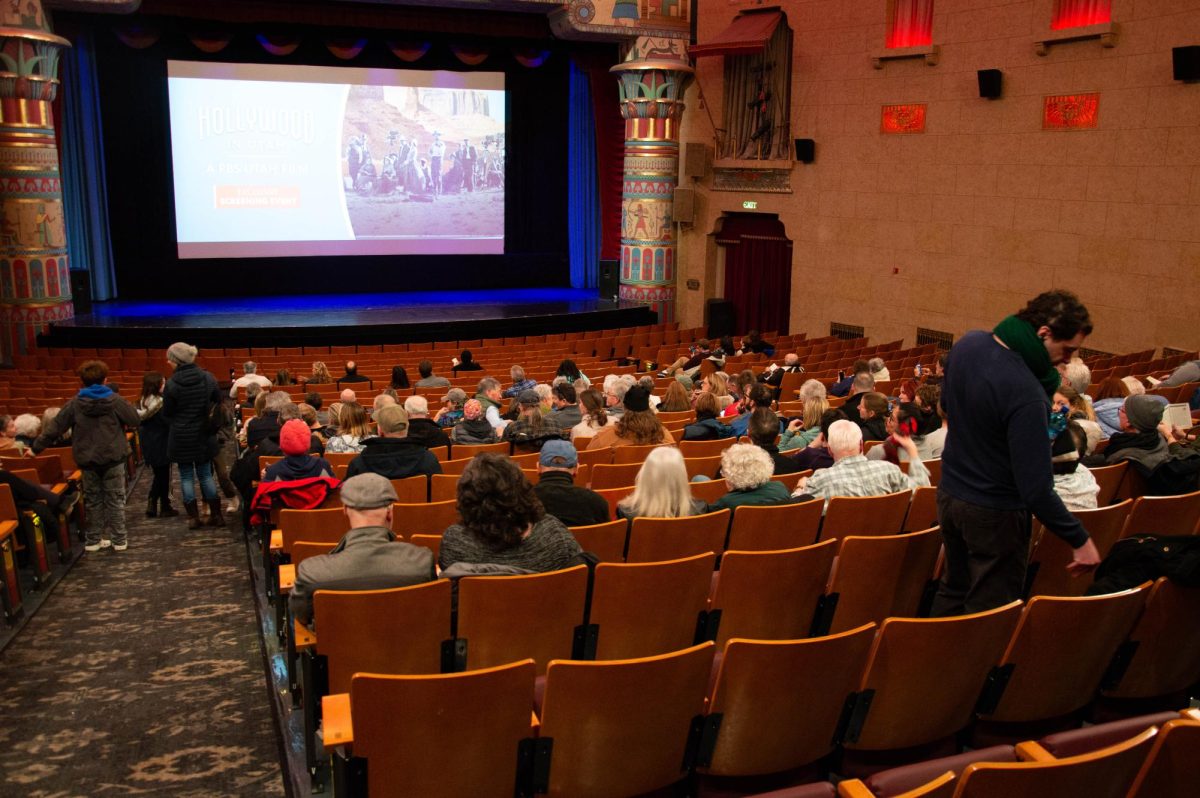Critique is a part of life. We all make and work on things — art, homework assignments, food, really cool basketball moves. We all have opinions on the things we make and the things other people make. And we all have a response when other people critique our stuff.
As much as we’re invested in the success of these creations, it’s all up for critique, and rightly so. When a critic attacks a piece of our work or performance that we’ve slaved and cried bloody tears over, or a newspaper review trashes a book or a movie that we’d marry it if were a person, our initial response is one of two things: get defensive or get discouraged. Often, we’ll even have friends who jump the bandwagon of wronged victim with us, loudly proclaiming that Mr. Critic had no idea what he was talking about and that we shouldn’t listen to him because he’s so, like, totally wrong.
Yet almost all of us are guilty of criticizing, of throwing out unpopular or heated negative opinions that are at odds with our fellow humans. It’s natural, right? Lots of times it even has the best intent behind it.
But sometimes, people get hurt. And society often teaches us that the best response when this happens is “don’t listen.”
Well, society, we disagree.
Sort of.
Critique is awesome. As humans, we naturally have strong opinions on a variety of topics, and we need those differing opinions in order to be better people. Otherwise, we end up with this thing called a dictatorship. Can you imagine if the United States was run exclusively by only one of our two main parties — and you weren’t allowed to discuss or vote for a single dissenting idea?
Yeah, the two-party system might not be doing so hot, but it could be worse.
For those of us in the creation business, critique is one of the main methods besides practice and learning that helps us improve our craft. Other people can see aspects of our work that we can’t. Their opinion is invaluable to anyone who wants to improve.
We need critics. We need critiques.
But we shouldn’t fervently take to heart every single one.
That’s where the “sort of” comes into play. You should always listen to critique. You should make an effort to understand where it’s coming from, to see if maybe there’s a point, with the understanding that while some people are just jerks, others really do want to help.
You should not, however, take every piece of a critique and apply it to your work or yourself. If someone really hates that book you stayed up all night reading because you couldn’t put it down, then that shouldn’t stop you from still liking it. If a newspaper review thoroughly shreds that movie you’ve already seen three times since it was released 12 hours ago, don’t let it shame you into hating it.
Here at the office, movies are one of our favorite topics. Just this past weekend, we spent a good chunk of downtime chatting up recent theatrical releases while we watched the WSU Percussion Ensemble practice outside (they’re going to nationals, by the way). None of us had seen the movies we talked about yet, so we decided to base our opinions on Rotten Tomatoes.
Rotten Tomatoes is a website that gathers reviews from top movie critics and compiles them into a percentage to determine whether the movie is “fresh” or “rotten.” It also does this with regular audience member reviews and ratings and assigns them a separate percentage.
Now, we know that “Twilight” author Stephenie Meyer and her written spawn is a popular and often heated topic of discussion that even we’re getting tired of. But last week saw the release of another book-to-movie adaption with her name on it. This time it was based on her science fiction novel “The Host,” so we may as well dig up that hole and drag it out into the light of this discussion.
To put it bluntly, “The Host” had — wait for it — a host of problems that critics didn’t forgive. (Yes, we may have written this entire column just to use that pun.) At the time of writing this, the movie held an 11 percent rating from all critics on Rotten Tomatoes.
For perspective, the infamous “The Last Airbender” from director M. Night Shyamalan that many from the show’s fandom vehemently refuse to acknowledge exists holds a 6 percent rating. The 2004 movie adaption of “Catwoman” with Halle Berry pulled a 9 percent. Granted, there are some movies out there with a 0 percent, but we’ll stick with recent adaptations.
In terms of low ratings, the ones for “The Host” are . . . well, dismal. And yet, the interesting thing about this website is the audience ratings. In this case, “The Host” happens to be pulling a 59 percent in that area. After browsing through the reviews from non-professional viewers, many people admitted that it was a weak movie, but that they liked it anyway. Some even agreed with the critiques. But they enjoyed it. They weren’t ashamed to enjoy it.
And as much as we enjoy criticizing it, it’s OK that other people like what we don’t.
We need critique. In the grand scheme of things, it’s a great and necessary part of life. Learning to listen and appreciate it without yanking out the pitchforks of hate and shields of hurt might be difficult for some, but in the end, it can only make people and society — are you listening, government? — a better and more balanced place.



















